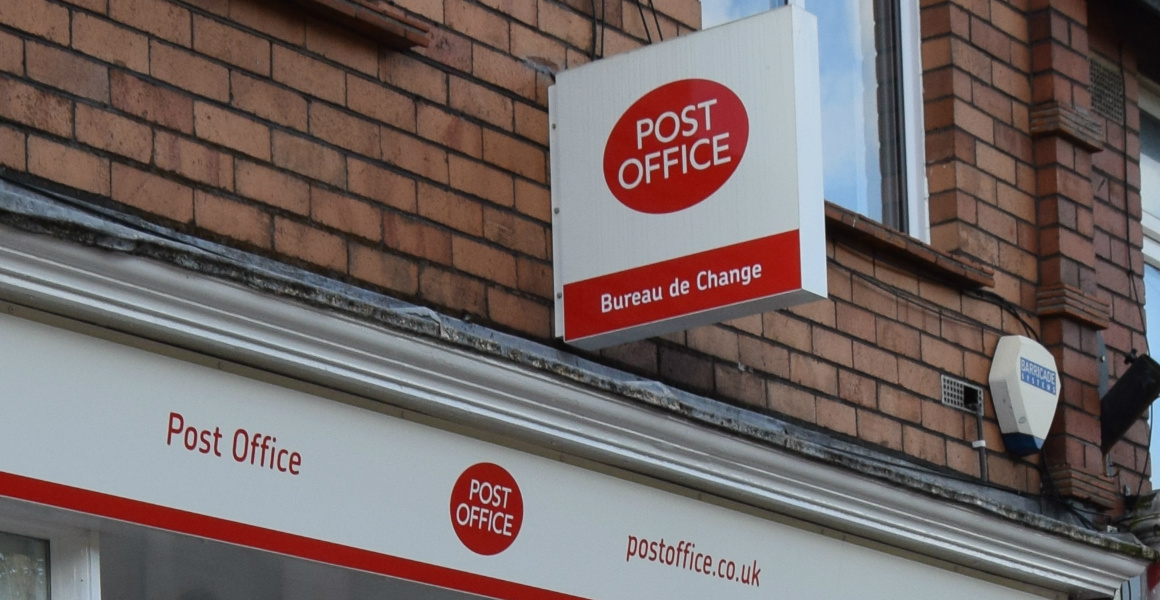The National Federation of Subpostmasters (NFSP) has written to post affairs minister, Kevin Hollinrake, requesting urgent answers on the future on the Post Office (PO) network.
Following on from an answer given to a parliamentary question which centred on the growing number of temporary closed POs, the NFSP raised concerns about the accessibility and convenience of the PO service, particularly in rural areas.
NFSP chief executive Calum Greenhow sent a letter to the minister asking why so many offices were closing, whether temporary or permanent. According to recent research from Citizen’s Advice, 1,291 POs were temporarily closed in 2021, nearly double the number from 2017.
Half of Post Office branches make under £5,000, admits CEO Nick Read
The letter read: “Postmasters who leave the network often cite the poor remuneration and long hours as the reason for their decision. 70% of the NFSP membership in 2021 reported as earning the equivalent to the National Minimum Wage (NMW) or less, which was before the cost-of-living crisis took hold. Only a few years ago, individuals took on a PO within their outlets to boost their retail income.
“However, in the present day this has reversed, and independent retailers are now expected to prop up a government-owned business. Indeed, many colleagues now highlight that it costs more to provide PO services than they receive in income. It is worrying that, when a postmaster resigns and the PO put up for sale, few, if any applicants come forward. This, we believe is due to the poor remuneration and high risk involved.
Post offices can begin to take international mail
“Even with outreach/mobile POs temporarily replacing some offices where appropriate, evidence suggests that the network is shrinking by an average of four per week. This is not sustainable unless significant changes are made. Is PO a viable business? The definition of business viability is when a business is returning a profit that is sufficient to provide a return to the business owner while also meeting its commitments to business creditors. With so many postmasters earning less than the NMW before expenses, it is clear the PO is no longer providing a suitable return.”
Greenhow added: “On this basis, members of the NFSP as investors in the network ask what is the government doing to ensure the network remains viable for the future? What scrutiny is there of PO management? What evidence is there of PO management making central efficiencies to reduce costs? Where is the government’s or PO’s future strategy for the network?”
Read more Post Office news



Comments
This article doesn't have any comments yet, be the first!